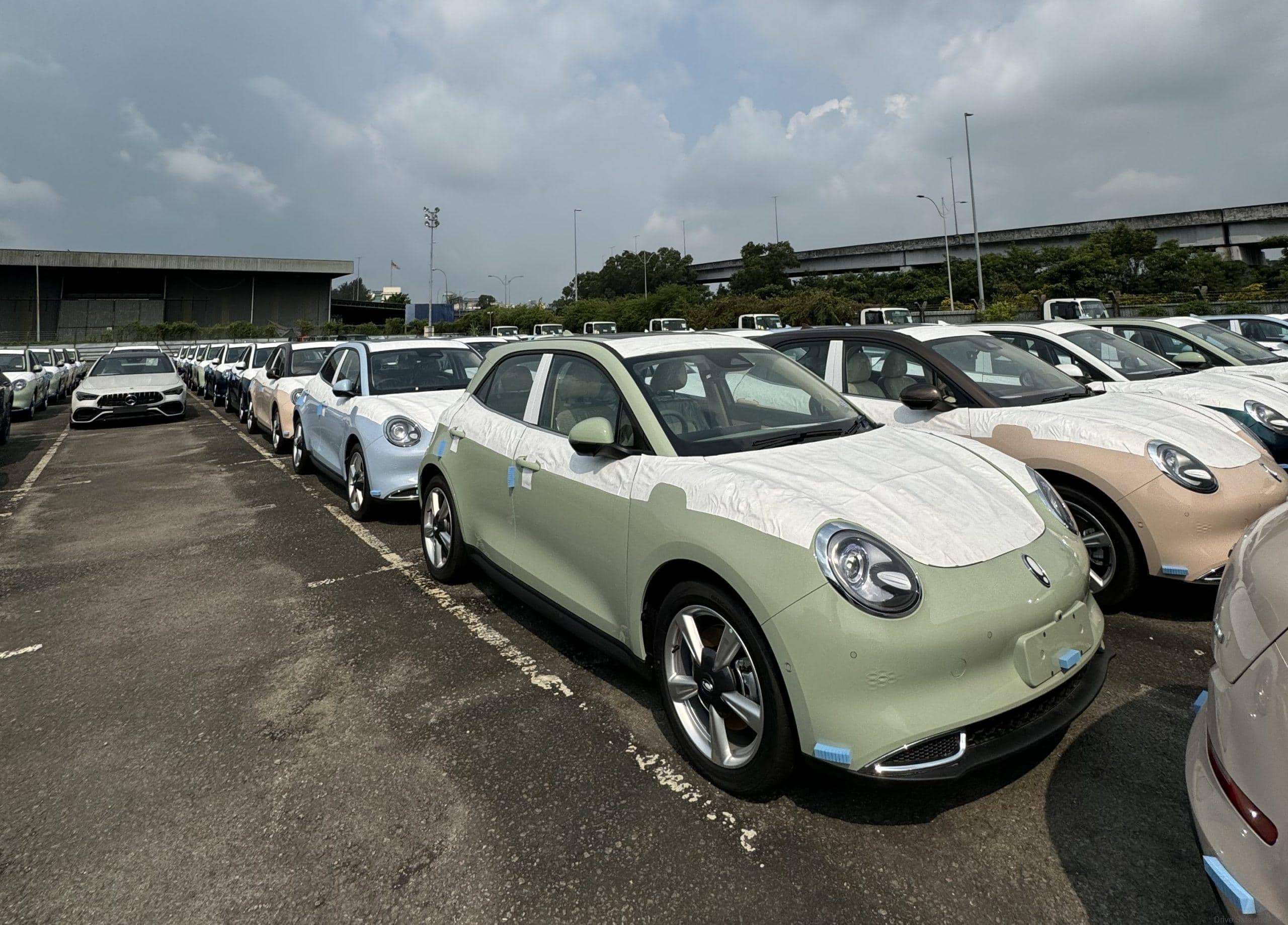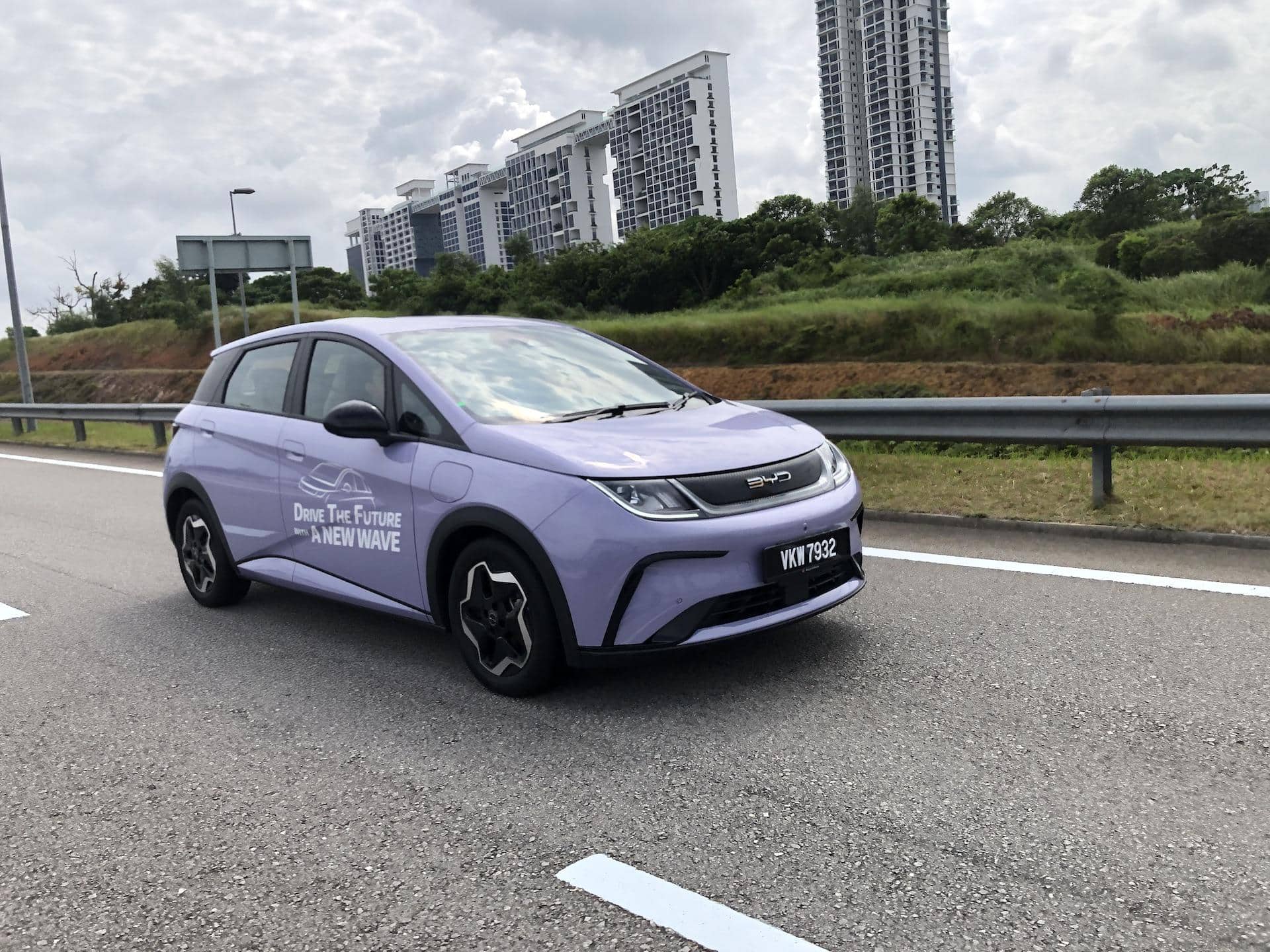Will Germany now have to reconsider tariffs on Chinese EVs to further boat sales?
In the first four months of 2024, Germany saw a significant increase in its imports of fully electric cars from China, with the share rising to 40.9 percent, according to recent data released by the Federal Statistical Office (Destatis) not too long ago.
Despite a decrease in actual units by 15.7 percent to 31,500 cars, largely due to subdued demand within Germany itself, China solidified its position as the top supplier of fully electric vehicles (EVs) to Europe’s largest economy. This marks a notable increase from the previous year, where China held a share of approximately 30 percent during the same period.
Moreover, Germany’s total imports of EVs saw a substantial decline of 45.3 percent through April, as reported by Destatis. This downturn was particularly pronounced in imports from countries like the Czech Republic and South Korea.
The European Union’s recent decision to impose higher tariffs on EVs imported from China, set to come into effect from July with rates potentially reaching up to 38.1 percent, has sparked concerns within the automotive industry.
Hildegard Mueller, president of the German Association of the Automotive Industry (VDA), also voiced strong reservations about this move, highlighting its potential to escalate into a broader trade conflict. Mueller emphasised the automotive sector’s commitment to open and equitable trade practices, warning that such tariffs could undermine competitiveness instead.
On top of that, according to Mueller, these “countervailing duties” are ill-suited to enhancing the European automotive industry’s global standing. She stressed the necessity of cooperation with China, a sentiment echoed by many industry leaders who view China not only as a crucial market but also as a vital partner in addressing global challenges.
Despite these tariff developments, China remains pivotal to Germany’s automotive export strategy, as evidenced by Ernst and Young’s findings that one in every three cars exported by Germany in the first quarter of the year was destined for the Chinese market.
The evolving dynamics between Germany and China in the EV sector underscore broader geopolitical and economic tensions, where balancing market access, competitiveness, and strategic partnerships becomes increasingly complex. As stakeholders navigate these challenges, maintaining dialogue and seeking mutually beneficial solutions will be crucial in sustaining a stable and prosperous global automotive industry landscape.
We got all this from China Services Info and their full article is linked here. Thank you China Services Info for the information and images.




